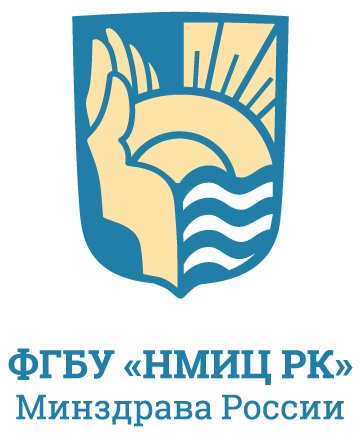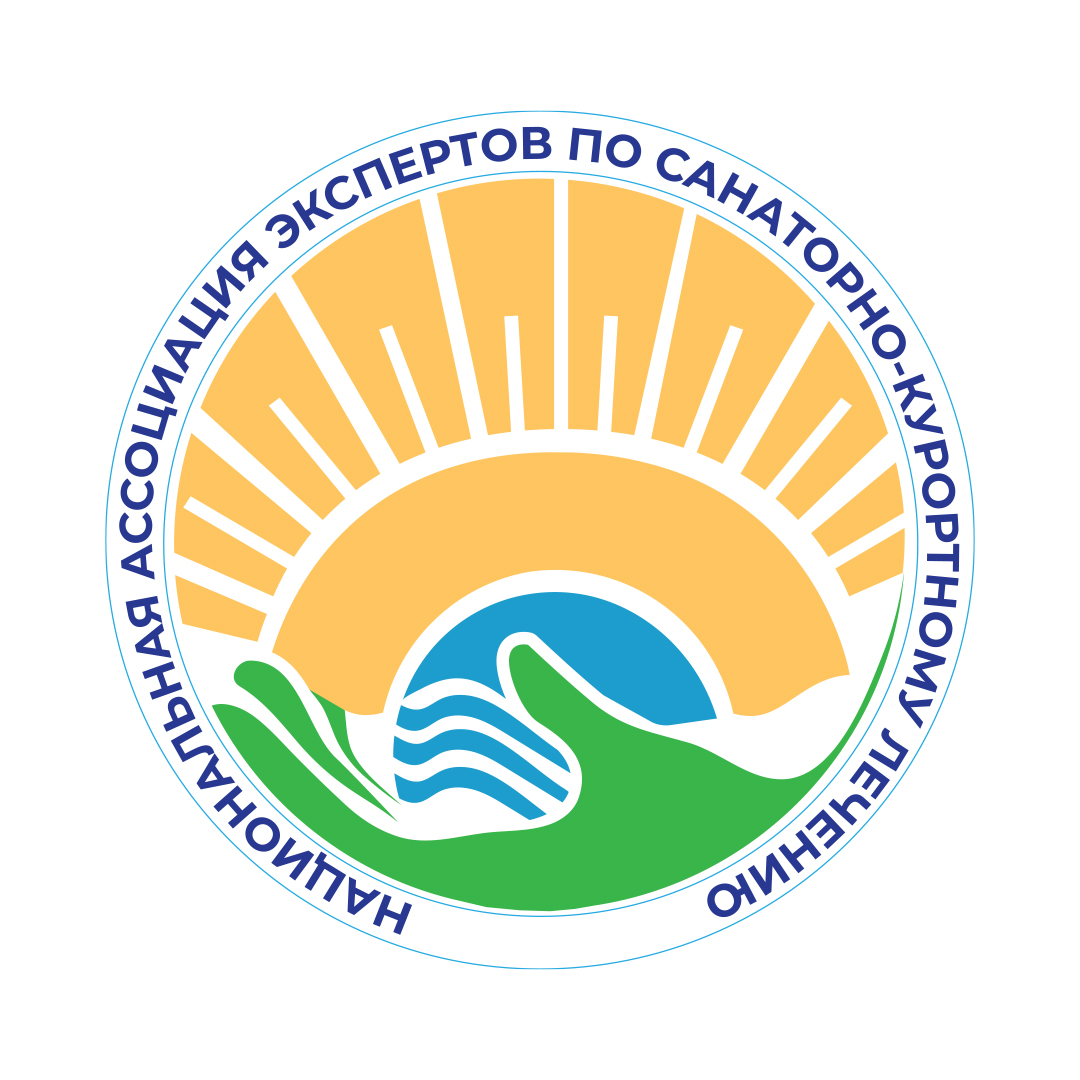Issue 2-84, 2018
Psychological Factors of Rehabilitation Potential in Disorders of Emotional Spectrum after Craniocerebral Trauma (Review of Literature)
1,2 Obraztsova V.S., 1 Pichugina I.M., 1 Richter S.V., 2,3 Ivanova E.M.
1 Federal Scientific and Clinical Center of Reanimatology and Rehabilitation. Moscow, Russia
2 Mental Health Research Center, Moscow, Russia
3 Pirogov Russian National Research Medical University, Moscow, Russia
ABSTRACT
Every year the number of people with disabilities because of traumatic brain injury is steadily increasing. Such patientsoften have problems not only medical, but also social and psychological nature due the suffered trauma. Therefore, theobjective of rehabilitation is also to restore the personal and social status of the patient. However, the factors determiningthe formation of rehabilitation potential (RP) in affective and anxiety disorders in patients after traumatic brain injuryhave not previously been identified. Their study will contribute to the development of an algorithm for management andoptimization of rehabilitation measures for patients after traumatic brain injury. The developed practical model for determiningthe rehabilitation capabilities of the patient, based on the evaluation of violations of its components, will determinethe direction of rehabilitation measures, improve its effectiveness in affective and anxiety disorders that have developedas a result of traumatic brain injury.
KEYWORDS: psychological rehabilitation potential, traumatic brain injury, affective disorders
References:
- Cao Q., Benton R.L., Whittemore S.R. et al. // J. Neurosci. Res. - 2002. - Vol. 68. - P. 501-510.
- Medicinskaja reabilitacija v sporte : Rukovodstvo dlja vrachej i studentov / Pod obshh. red. V.N. Sokruta, V.N. Kazakova. - Doneck: «Kashtan», 2011. - 620 s., 36 ill.
- Bogoljubov V.M. Medicinskaja reabilitacija (rukovodstvo v 3 tomah). // Moskva - Perm'. - 1998.
- Kozlova L.V. Osnovy reabilitacii dlja medicinskih kolledzhej: ucheb. Posobie / L.V.Kozlova, S.A.Kozlov, L.A.Semenenko; Pod obshh. red. B.V.Kabaruhina. - Izd. 2-e. - Rostov n/D: feniks, 2005. - 475s.
- Andreeva O.S. Principy formirovanija i realizacii individual'noj programmy reabilitacii invalida // Mediko-social'naja jekspertiza i reabilitacija. - 2000. - № 4. - S. 20-26.
- Korobov M.V. Reabilitacionnyj potencial: voprosy teorii i primenenija v praktike mediko-social'noj jekspertizy i reabilitacii invalidov / M.V. Korobov // Vrachebno-trudovaja jekspertiza. Social'no-trudovaja reabilitacija invalidov. - M., 1995. - Vyp.17.
- Vojtenko R.M. Osnovy reabilitologii i social'naja medicina: koncepcija i metodologija / R.M. Vojtenko - SPb.: «MEDEJa», 2007. - S. 21-28
- Osnovy mediko-social'noj jekspertizy. / A.I. Osadchih, S.N. Pyzin, D.I. Lavrova i dr. - M.: Medicina, 2005. - S. 277-353.
- S^ha T.A. Metodicheskie podhody k opredelenija reabilitacionnogo potenciala i reabilitacionnogo prognoza у invalidov vsledstvie sosydistoj patologii golovnogo mozga / T.A. S^ha, A.A. Enikeeva i dr. // Mediko-social'naja jekspertiza i reabilitacija invalidov. - M., 1997. - Vyp. 21.
- Petrova Ju.G., Prjanikov I.V., Puzin M.N. Osobennosti rannej psihosocial'noj reabilitacii pacientov, perenesshih cerebral'nyj insul't. // Klinicheskaja nevrologija. 2015. №1. s.18-20.
- Lavrova D.I. Ocenka soderzhanija i urovnja reabilitacionnogo potenciala pri razlichnyh zabolevanijah / D.I. Lavrova, M.M. Kosichkin, Andreeva O.S. i dr. // Mediko-social'naja jekspertiza i reabilitacija. - 2004. - № 93. - S. 10-14.
- Zatychenova, E.A. Principy ocenki psihologicheskogo komponenta reabilitacionnogo potenciala / E.A. Zatychenova // Mediko-social'naja jekspertiza i reabilitacija. - 1998. - № 2. - S. 29-32.
- Markin S.P. Ocenka psihologicheskogo komponenta reabilitacionnogo potenciala postinsyl'tnyh bol'nyh / S.P. Markin, V. A.Markina // Sovremennye aspekty nejroreabilitacii. Tez. dokl naych.-prakt. konf. - M.: 2007. - S. 81-82.
- Repina N.V., Voroncov D.V., Jumatova I.I. Osnovy klinicheskoj psihologii. - Rostov n/D: Feniks, 2003.
- Konovalov A.N., Lihterman L.B., Potapov A.A. (red.) Nejrotravmatologija. Spravochnik. Rostov n/D: Feniks, 1999. - 578 s. - ISBN 5-222-00634-4.
- Porohina Zh.V. Psihologicheskij reabilitacionnyj potencial invalida (na primere bol'nyh s ishemicheskoj bolezn'ju serdca): dis. kand. psihol. nauk: 19.00.10. M., 2004. 183 c.
- Spravochnik po psihiatrii. Izdanie vtoroe, pererabotannoe i dopolnennoe. pod redakciej A.V. Snezhnevskogo. Moskva «Medicina».1985; Zaharov V.V., Drozdova EA. Kognitivnye narushenija u bol'nyh s cherepno-mozgovoj travmoj. Nevrologija, nejropsihiatrija, psihosomatika. 2013; (4):88-93;
- Dobrohotova T.A. Nejropsihiatrija. Izdanie 2-e, ispravlennoe - M.: Izdatel'stvo BINOM. - 2016. - 304 str., il.
- Dobrohotova T.A., Zajcev O.S. Psihopatologija cherepno-mozgovoj travmy. Cherepno-mozgovaja travma. Klinicheskoe rukovodstvo 1, - 1998. s. 269-313.
- Link B.G., Phelan J.C. Conceptualizing stigma. Annual Review of Sociology, 2001, 27, 363-385.
- Mihajlova I.I., Jastrebov V.S. Enikolopov S.N. Kliniko-psihologicheskie i social'nye faktory, vlijajushhie na stigmatizaciju psihicheski bol'nyh raznyh nozologicheskih grupp. Zhurnal nevrologii i psihiatrii im. S.S.Korsakova.2002, №7. s. 58-65.
- Corrigan P.W. How stigma interferes with mental health care. American Psychologist, 2004, 59(7), 614-625.
- Hinshaw S.P. The mark of shame: Stigma of mental illness and an agenda for change. New York: Oxford University Press. 2007.
- Enikolopov S.N., Meshkova N.V. Napravlenija issledovanija predubezhdennosti v zapadnoj psihologii mezhgruppovyh otnoshenij. Voprosy psihologii. 2007,1, 148-158.
- Jenciklopedicheskij slovar' medicinskih terminov. V 3-h tomah / Glavnyj redaktor B.V. Petrovskij. - Moskva: Sovetskaja jenciklopedija, 1982. -T. 3. - S. 29. - 1424 s. - 100 000 jekz.
- Shmeleva S.V. Mediko-social'naja reabilitacija: [uchebnik dlja vuzov po napravleniju podgotovki 040400.62 "Social'naja rabota" (bakalavr)] / S.V. Shmeleva ; Ros. gos. social. un-t. - Moskva : Izdatel'stvo Rossijskogo gos. social'nogo universiteta, 2013.

The content is available under the Creative Commons Attribution 4.0 License.
©
This is an open article under the CC BY 4.0 license. Published by the National Medical Research Center for Rehabilitation and Balneology.




